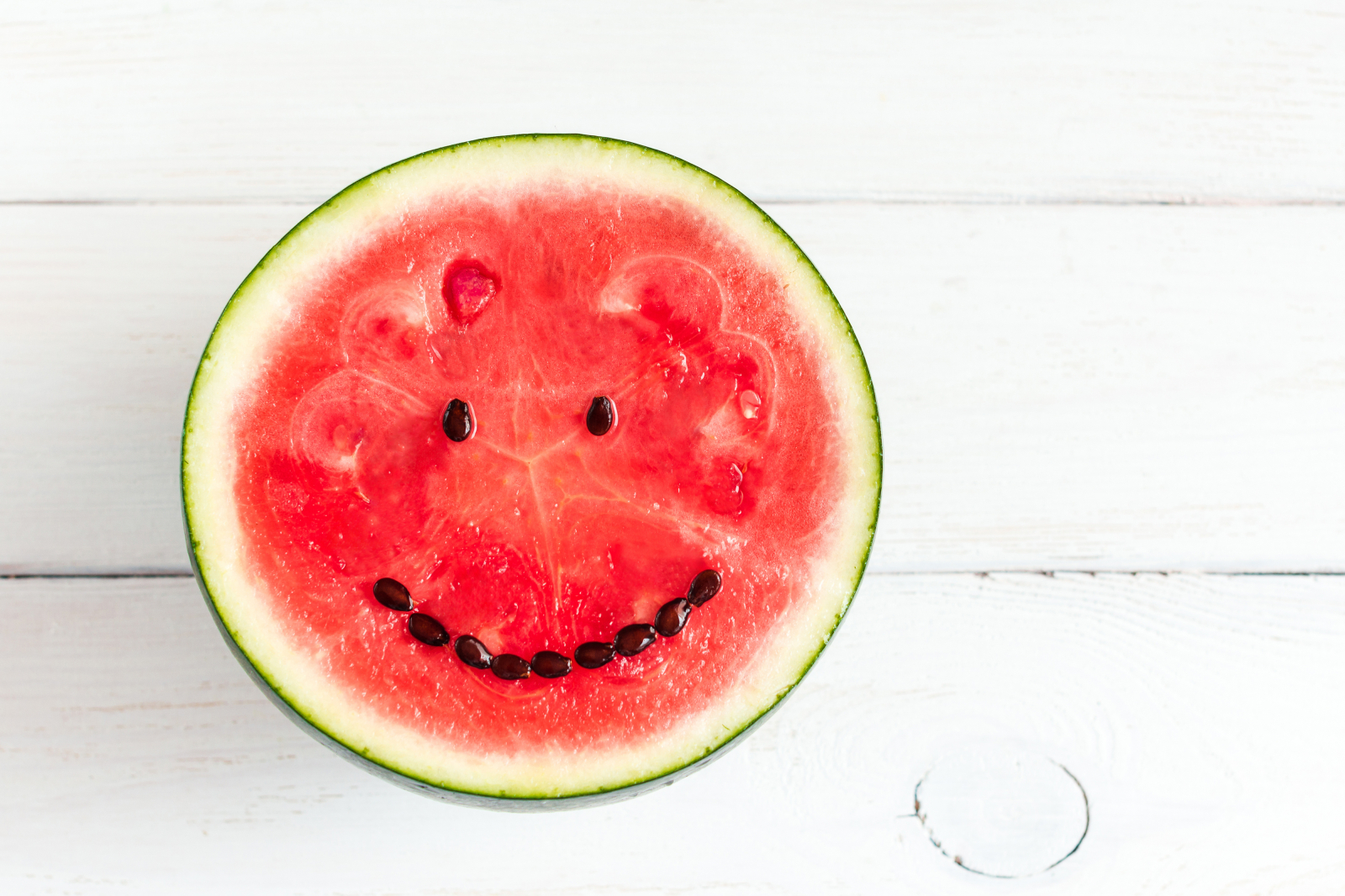The "Happiness Diet": How Eating These Foods Can Affect Your Mood
The book "The Brain Boost Diet Plan" uses proven links between diet, brain function and mood to get you feeling great again!

Happiness Diet
Food as medicine is not a new concept, but in her new book London nutritional therapist Christine Bailey explains exactly how we can change our diet to improve our mood, combat depression and live a happier, healthier life.
Here, we break down 6 key pieces of dietary advice from her book:

Avoid processed foods
Blood sugar imbalances suck, and can lead to extreme highs and lows in mood. One way to avoid throwing your blood sugar levels out of whack is to avoid processed foods altogether. This means ruling out refined sugary carbohydrates, white starch, fruit juices or sugary smoothies.

Don't be afraid of healthy fats
Did you know that about 60% of your brain is actually fat? Fat is important, and if you restrict your intake of certain fats (phospholipids and omega 3 especially) your mood and concentration will be affected. So reach for the extra-virgin olive oil, coconut oil and oily fish if you want to stay happy.

Watch your magnesium levels
Magnesium has a powerful relaxing effect on the body, and it's essential to help you sleep well and combat anxiety and stress. We need about 300-400 mg of magnesium daily, most of which we absorb through food, so up your intake of magnesium-rich foods (spinach, chard, yogurt, pumpkin seeds, almonds, black beans) to stay on the level.

Include fermented foods
Your gut is like your second brain and can have a huge impact on your mood (ever wonder why there are so many expressions like "gut feeling"?) so it makes sense to look after it. Maintaining a healthy gut flora is essential to happiness. Including fermented foods like yogurt, kefir, sauerkraut, kimchi, kombucha and miso in your diet is key.
Check out these foods that are good for your gut.

Drink more green tea
You'd have to have been living under a rock for decades to not know that green tea is fantastic for you. It's a potent mix of antioxidants to protect and nurture the brain and body, as well as L theanine which has been shown to improve concentration and lower stress levels. Drink up!

Eat plenty of Vitamin D
There is a reason you feel better on a sunny day: thanks to the sun's rays, your skin is producing lots of delicious Vitamin D, which is closely linked to mood. It's tricky to get enough vitamin D through food alone, but mushrooms, liver, egg yolks, full-fat dairy and oily fish all contain it.
Want more? You can buy the book here.
More steaming articles
 Foods that Improve Blood Circulation &...
Foods that Improve Blood Circulation &...
 What's the Deal with KALE?
What's the Deal with KALE?
 DARE: drink this drink for seven days....
DARE: drink this drink for seven days....
Chef Tips and Tricks
Your parents told you that scoffing your food was bad, and now science has confirmed it!
Enjoy this video... slowly!


Comment on this article